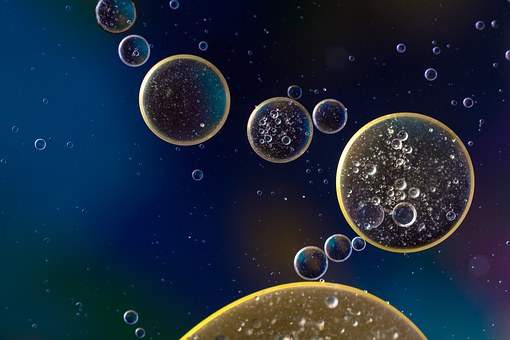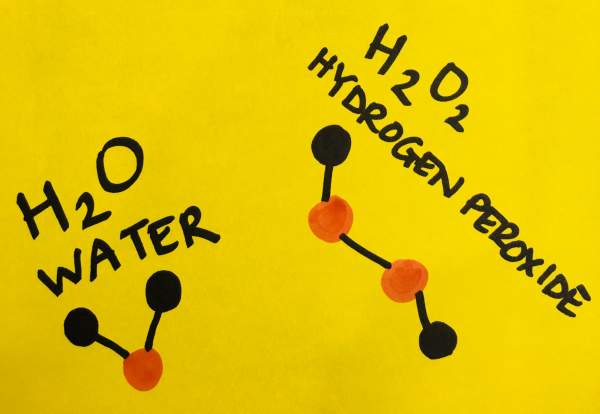If You Can't Pronounce it...
Then you could learn how!?! Fact: Even natural ingredients have scientific names you may have trouble deciphering.

The skincare industry has its own language and terminology; just as other industries have theirs.
Take roses; they belong to the Genus Rose and the Family Rosaceae and come in over 100 species; try pronouncing half of them! Rosa abyssinica, Rosa acicularis, and Rosa anemoniflora, just to name three!
The hard-to-say names don’t make them evil or bad. It just means the onus is on us to learn and understand a new language. And the same goes for skincare.
Most of us are familiar with the common names of many skincare ingredients – like Vitamin E, Castor Oil, Shea Butter. But it’s important to know that most skincare products’ ingredient lists are compiled based on INCI names. INCI stands for the International Nomenclature of Cosmetic Ingredients. Basically what this means is that ingredients are listed using their scientific and latin names; and it’s a universal standard across the world.
So yeah, the common names of ingredients are going to sound a bit exotic, or even unfamiliar when you see them listed as INCI names. They might even sound “unnatural”. For example, you’ll see Vitamin E labelled as Tocopherol, Castor oil is Ricinus Communis Seed Oil, and Shea Butter is Butyrospermum Parkii Butter.
The point here is that tongue-twister, crazy sounding names do not automatically equate to sinister or bad or synthetic. The most natural of ingredients still have scientific names.
So, if you can’t pronounce it, it may be a learning opportunity! And don’t believe the first website you come across and blindly take their words as gospel.
Spare a thought for the man who went into a bar with his friend: His friend asked for “a glass of H2O please”. The man, without thinking, asked for a glass of H2O too please. He died.

